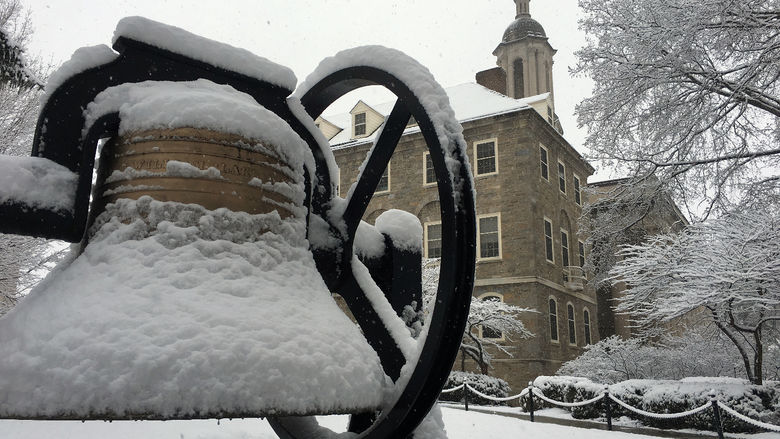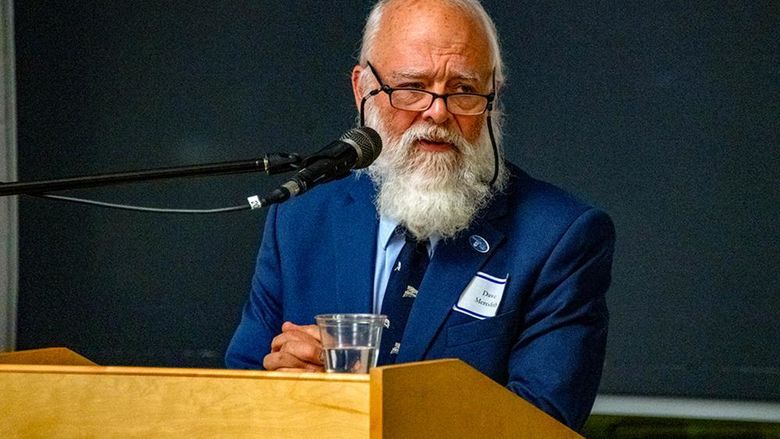For a second consecutive year, the cost of classes for Pennsylvania students at Penn State Fayette, The Eberly Campus will not rise in 2016-17, with the recent adoption of a budget, tuition, and fees schedule by the Penn State Board of Trustees.
“This is again great news for our students,” said Dr. Charles Patrick, chancellor and chief academic officer of Penn State Fayette, who explained that the Penn State Board agreed to freeze base tuition for all in-state undergraduates last year, and this year it will apply to eight Commonwealth Campuses.
Patrick said this year’s budget, tuition and fees package reflects comprehensive and ongoing efforts to control the cost of a Penn State degree, adding that the Board’s action will also help to protect the Fayette campus’ ranking as a top 10 value in the Northeast.
Penn State President Eric Barron said the University strives to ensure that all qualified Pennsylvanians from all walks of life have the opportunity to receive a world-class education. “We are committed to access and affordability. Penn State continues to place the highest priority on keeping tuition increases to the lowest possible level while providing a high-quality educational experience,” Barron said.
For 2016-17, non-resident undergraduate students will see modest tuition increases ranging from 1 to 2.25 percent. While keeping tuition low is a priority, Barron stressed that there are several important factors that have a great influence on the final cost of a Penn State degree.
Among these factors are the length of time it takes a student to graduate (a student who spends an extra semester or year at Penn State pays far more for the same degree than peers who graduate on time). Other factors include the rate of borrowing for each student, as well as student retention and graduation rates. The University continues to focus on a holistic approach to controlling the cost of a degree as part of the Plan4 Penn State initiative, enacting new programs that focus on these issues.
For 2016-17, the Board of Trustees approved a $5.1 billion operating budget, which, Barron said, is focused on delivering the lowest possible tuition increase and adding to the pool of institutional student aid for the neediest students.




